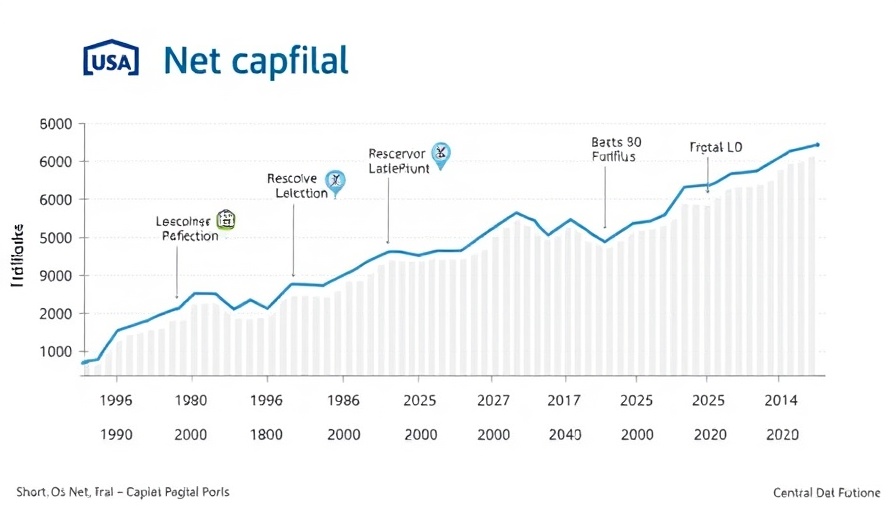
Rethinking Money: The Misconceptions We Hold
In a world where money governs much of our daily decisions, understanding its true purpose is paramount. In his new podcast, "Rabbithole," David Nadig dives deep into the philosophical and psychological aspects of money. The fundamental takeaway? Money is merely a tool, not the ultimate goal. This insight resonates particularly with top wage earners in Philadelphia, who often find themselves navigating complex financial landscapes.
Money as a Medium of Exchange
It's essential to remember that money serves primarily as a medium of exchange. Barry Ritholtz, in an enlightening discussion with Nadig, emphasizes that viewing money as a store of value is a common misconception. While it allows us to acquire goods and services, its value can fluctuate. Spending and investing wisely is critical for satisfaction, as the real value of money lies in what it enables us to do.
The Psychological Layer: How Emotions Shape Our Financial Decisions
Equally important is understanding the psychology of money. Article insights reveal a strong correlation between emotional states and financial behaviors. Fear and anxiety can lead to unwise spending and a perception of scarcity, while an abundance mindset encourages healthy financial habits. According to experts, overcoming negative mentalities about money can profoundly impact financial success.
Exploring Our Personal Histories with Money
Ritholtz sheds light on the idea of 'denominator blindness'—a term conceptualized by psychologist Danny Kahneman, which denotes our inability to truly grasp what a dollar represents. Our individual histories with money, shaped by socioeconomic factors, play a critical role in molding our financial mindset. Whether one grew up in a lower-income family or found comfort in financial stability, these experiences create diverse relationships with money that influence decisions for years to come.
Conclusion: Embracing Financial Literacy and Self-Reflection
For top earners in Philadelphia, cultivating a healthy relationship with money not only involves understanding its role as a tool but also ensuring that emotional and psychological factors are acknowledged. Engaging with concepts like the psychology of money offers valuable frameworks for better financial decisions. This knowledge empowers individuals to reflect on their beliefs and behaviors regarding money, paving the path toward financial wellness.
As you navigate your financial journey, remember: money is a tool designed to facilitate your life experiences, not define them. Embrace this perspective to achieve a more fulfilling financial future.
 Add Row
Add Row  Add
Add 




Write A Comment